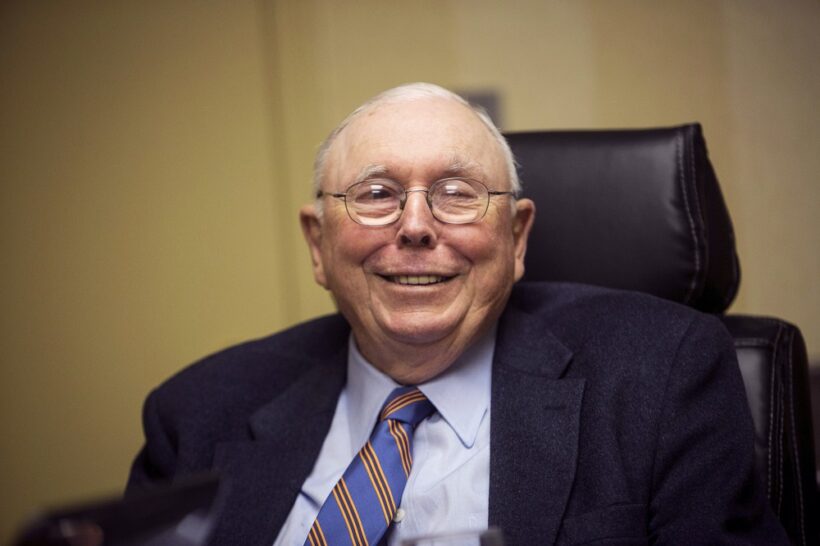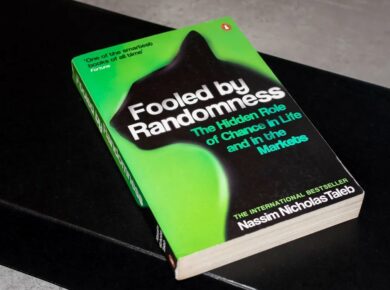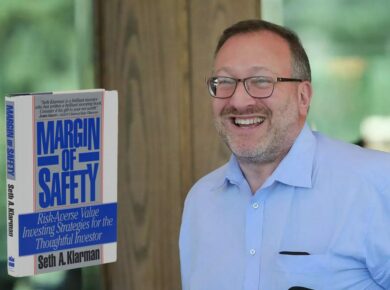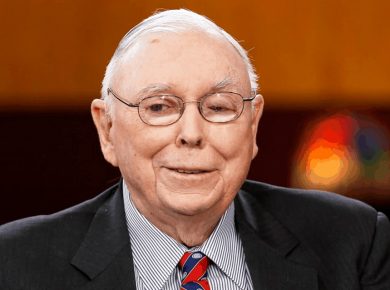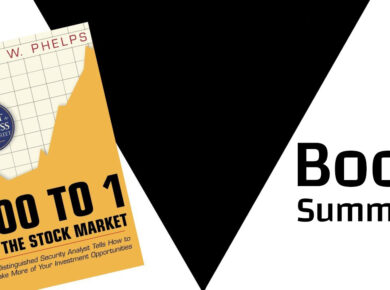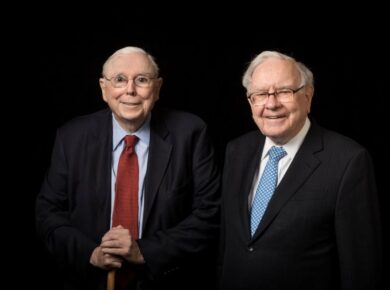Thinking perspective and Insights from Charlie Munger: A Life and investment Guru, or how to avoid putting the feet on the river twice.
Summary and Insights of Charlie Munger’s the successful investor from the book “Poor Charlie’s Almanack”
Inside of Charlie Munger’s Almanack
The Poor Charlie’s Almanack, the speeches and quotes of Charlie Munger, edited by D.Kaufman, is a book worth reading.
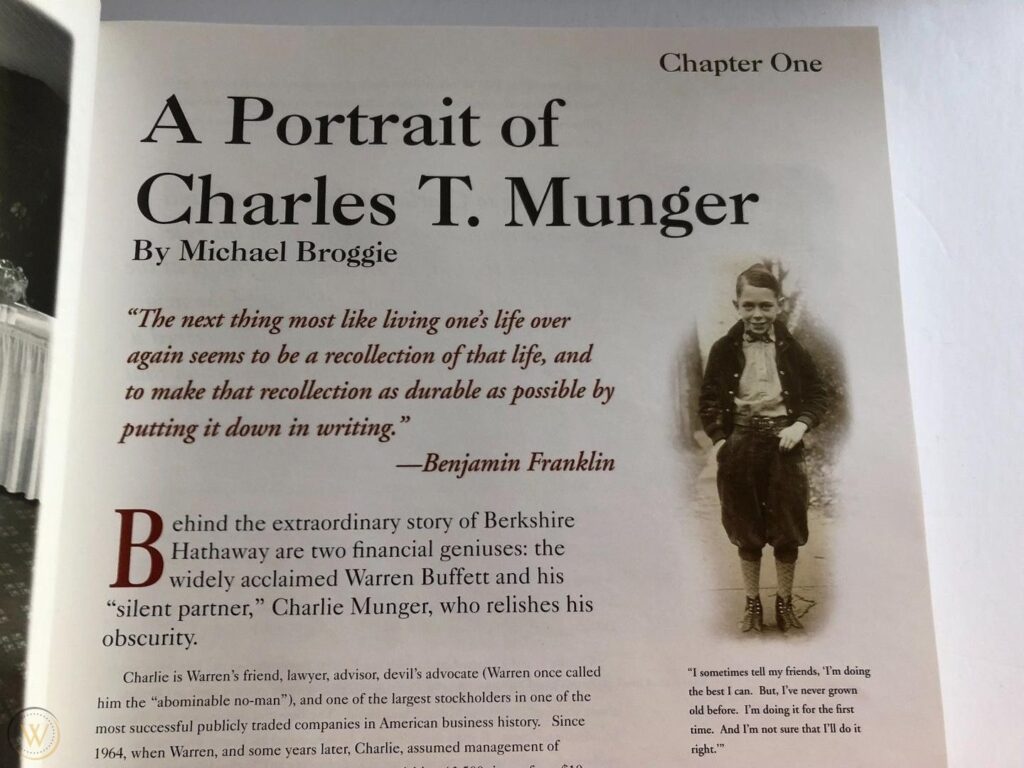
Charlie was a big fan of Benjamin Franklin, the 6th president of the United States of America, and of the politicians of the day, who published a book as “Poor Richard’s Almanack”.
The title goes after Franklin’s Book, containing the wit and wisdom of Charlie Munger.
A university drop-out for army service in 1943, Charlie became an air force lieutenant, served as the mega cum laud in the army test, he got a degree in meteorology from Caltech; the journey which he started from the Mathematics, and ended-up in shaping his investor cross-discipline mental model.
Charlie worked as a partnering investment person, i.e as the vice chairman of Berkshire Hathaway with Warren Buffet, and became a billionaire after the partnership.
What makes him different from a lot of the investment developers, and lecturers, is not in the terms of wealth, but wisdom. read more: Charlie Munger Mental Models (summary)
His deep philosophy to see the complex business problems, embedded in his mind, and in combination with his experience, turned to the “wit and wisdom of Charlie Munger”, as it is currently referred to in the book.
Hampered by the business problems, any businessman or woman shall notice the simple wisdom of Charlie, as inversion, honest evaluation, and lollapalooza effect.
The seemingly simple rules, with deep yet useful effect, helped Charlie to make a billions of dollars empire, making this book a can’t-be-put-down for anybody who started it. It could help either young ones to choose the path, or older ones who stuck in their path to ease their passing.
The wisdom can be used to harness the financial world around however, works best for those who seek absolute advice from a unique and high perspective; in terms of a practitioner-derived life lesson pack for them.
There are many useful items that can be listed as such. However, the picking process was truly hard, and we gave our best to choose some insights that we found impressive, yet full of a new, untouched, and sumptuous viewpoint.
The Life Guru Wisdom
- The importance of understanding and applying the basic elements of different fields of learning. Charlie was among a few, who had the ability to “Connect the dots” in a resourceful manner, and drive insights from different perspectives, i.e Cross-disciplinary approach, or invert as he called it, for investment purposes.
- The approach of inversion in solving difficult problems is another part of his wisdom. As he mentioned many times in his speeches: Invert, Invert, and Invert.
- The “lollapalooza” of second and third order effects is used when there are several factors each for success, and the failure of any given problem.
- The necessity of basic fluency in mathematics. Mathematics is the universal language to discern, consume, and understand the world around us. Charlie was serious about using mathematics.
- The recommendation to operate within your circle of competence. The Competence limits of anybody is due to his morality, temperament, and knowledge. Better to be sure to play in one’s own ground.
- The argument that markets are not totally efficient, the ebbs and flows are pretty certain in any market. This makes investors surfers, taking the risk of being eaten by the Sharks.
- The power of the right incentives is absolutely undeniable. However, the art of finding the right incentives is to use a cross-disciplinary method, and invert.
- The concept of comparative advantage in trade is to be always remembered, by all businessmen in any state.
- The mention of the invisible foot of government (in contrast to the invisible hand of the free market). “Death and Tax are certain” as it is always quoted in American society.
- A successful career is paved with many challenges and blessings underneath. Charlie’s life has a tremendous amount of ups and downs: from studying science, dropping out of school, and being a pilot in the US Army during WWII, and to becoming the partner with Warren Buffet. The whole process of life, contains facing many challenges, and blessings at the same time, though.
- Berkshire Hathaway was built on a strong respect for investors worldwide. Unlike Wall Street con businesses which built on fraud, and conning the ill knowledge of financial investment among the people, Berkshire Hathaway is built based on Trust, Moral values, and principles.
- Making mistakes is necessary for any human being. However, what makes them admirable is the ability to absorb the knowledge, and learn from the mistakes.
- The fewer things a business needs to be great at, the more likely it will succeed. The team work, and the necessity of looking in terms of sharing the hard work, always be the game changer for any business.
- Simplicity is the essence, but no oversimplifying any issue.
- Life-long learning is essential to success, try to get a little smarter each day using the cross-discipline thinking method.
- Preparing is much more crucial than winning. Always be prepared, then start to play to win in investment.
- Facts are only facts when you might use them for a collective perspective, meaning to use them for a common good, or to learn from them.
- Deep understanding of the basics in the core disciplines like science, maths and psychology will make you unstoppable.
- Having a good knowledge in psychology will bring us the wire mechanism of the brain, and by knowing the shortcuts and biases, the decision making could be more precise, however, not perfect.
- Human nature’s management systems are growing with the growth of the organisation. It means as much as the organisation grows, the need for a growth mindset feels more important.
- It is easy to bring in new ideas, it is fundamental to remove the old ones. As they say: always make a cycle of learning by learning, un-learn, and re-learn.
- Interest and passion shall appeal often, the reasons can be found next.
- Nobody likes uncertainty, doubt, and an unprecedented future. This is why we make decisions so quickly. We are afraid of the unknown situations.
- Reality shall be painful most of the time, so we tend to the facts to make it bearable for us.
- We always overvalue ourselves much more than we are. This could lead to falsehood and false decisions.
- The leader shall be followed blindly, indirect, and unwanted. So it is necessary to be mindful of whom we want to follow, and who shall not.
- The what, where, when, and why questions are the heart of all problem solving.
- Consistently practice skills that you can’t afford to lose, you become what you consistently repeat. Then you will see the changes.
- Create checklists to routinely use. The true power of managing everything comes from the precise, yet simple tools.
- If you truly understand the skill, instead of just cramming it in, you will lose it more slowly and it will come back quicker when refreshed
Quotes to be mentioned as the heart of the Charlie Munger’s Guru Perspective
The following quotes directly came from the book. The quotes themselves are inspirational, mindful, and carry a great value to read and reflect.
“If you take the best text in economics by Mankiw, he says intelligent people make decisions based on opportunity costs – in other words, it’s your alternatives that matter. That’s how we make all our decisions. The rest of the world has gone off on some kick – there’s even a cost of equity capital. A perfectly amazing mental malfunction.”
Charlie Munger on circle of competence:
“So you have to figure out what your own aptitudes are. If you play games where other people have the aptitudes and you don’t, you’re going to lose. And that’s as close to certain as any prediction that you can make. You have to figure out where you’ve got an edge. And you’ve got to play within your own circle of competence.”
Charlie Munger on solving problems with inversion:
“The way complex adaptive systems work, and the way mental constructs work, problems frequently become easier to solve through ‘inversion.’ If you turn problems around into reverse, you often think better. For instance, if you want to help India, the question you should consider asking is not: ‘How can I help India?’ Instead, you should ask: ‘How can I hurt India?’ You find what will do the worst damage, and then try to avoid it. Perhaps the two approaches seem logically the same thing. But those who have mastered algebra know that inversion will often and easily solve problems that otherwise resist solution. And in life, just as in algebra, inversion will help you solve problems that you can’t otherwise handle.”
